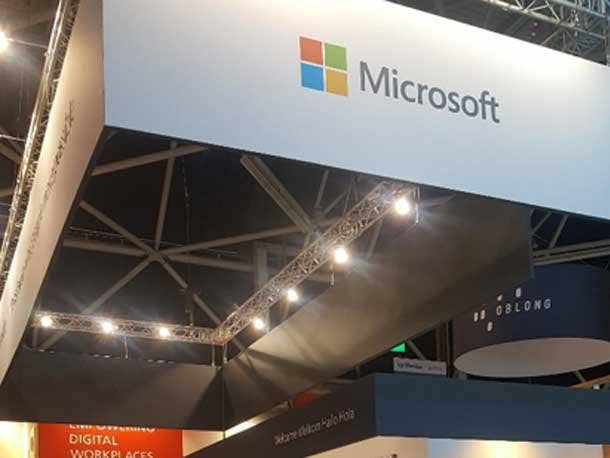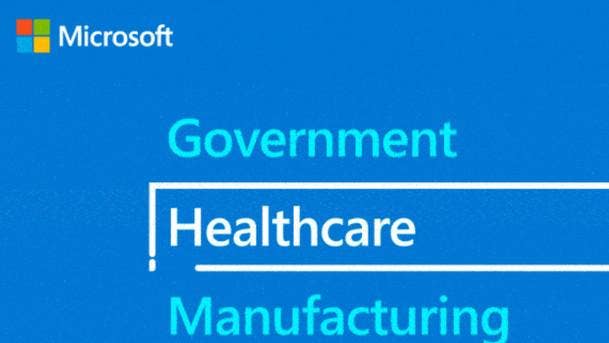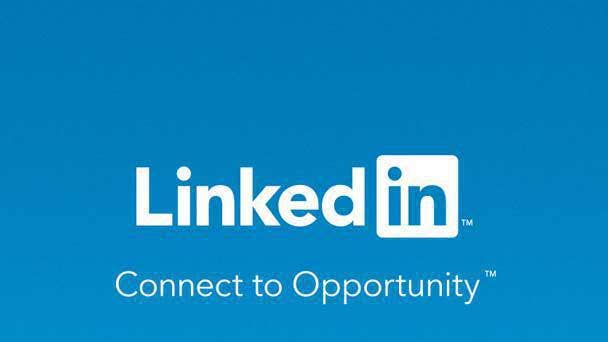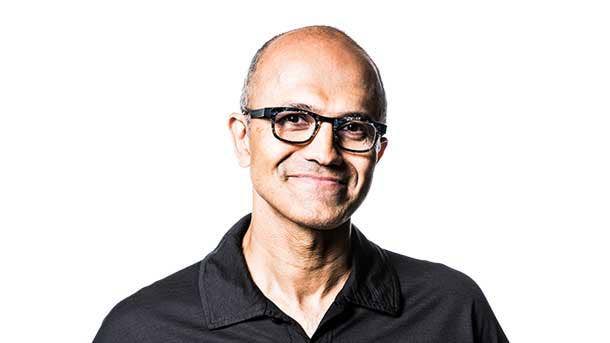The Microsoft-Nuance Deal: 5 Big Things To Know
From product integration plans to the history between the two software companies, here are five big things to know about Microsoft’s $19.7 billion acquisition of Nuance.

5 Things To Know About Microsoft’s Acquisition Of Nuance
Microsoft is grabbing headlines across the world today as the software and public cloud giant unveils plans to acquire voice recognition and artificial intelligence standout Nuance for a whopping $19.7 billion.
There are several major implications to Microsoft’s acquisition of the Burlington, Mass.-based company relating to AI and the broader healthcare market where Nuance has been a major player in for well over a decade. Microsoft’s plans for Nuance are bold with hopes to elevate everything from Microsoft Azure cloud services to potentially doubling its total addressable market in the massive healthcare industry.
Nuance also has a long history with Apple, which used Nuance’s technology in its Siri virtual assistant and speech recognition capabilities. There were also reports over the years that Apple could acquire Nuance.
CRN breaks down five of the most important things channel partners, investors and customers need to know about Microsoft’s acquisition of Nuance.

Nuance To ‘Double’ Microsoft’s Healthcare Market
One of the major reasons why Microsoft is spending nearly $20 billion to buy Nuance is for the company’s massive footprint in the U.S. healthcare market. Microsoft said the purchase will “double Microsoft’s total addressable market in the healthcare provider space,” bringing the company’s TAM in healthcare to nearly $500 billion.
Nuance has been in the healthcare industry for two decades and has one of the most mature software product sets as a pioneer of conversational AI and cloud-based clinical intelligence. Nuance is leveraged by 77 percent of U.S. hospitals, according to the company, with more than 55 percent of physicians and 75 percent of radiologist in the U.S. currently using Nuance solutions. Additionally, 85 percent of the Fortune 100 companies’ partner with Nuance along with more than 10,000 healthcare organizations.
There’s no doubt that Microsoft’s acquisition of Nuance is heavily targeting the healthcare vertical with hopes to get a leg-up over the competition.

Microsoft And Nuance’s History Together
Microsoft and Nuance first began their partnership together in 2019 around accelerating the delivery of ambient clinical intelligence (ACI). The initial partnership brought together Nuance’s healthcare-optimized speech recognition and processing solutions, such as its Dragon Medical, with Microsoft Azure, Azure AI and Project EmpowerMD Intelligent Scribe Service backed with advanced conversational AI and natural language understanding.
The two companies said they were working to power the exam room of the future where clinical documentation writes itself, including around Nuance DAX, which securely captures and automatically creates detailed clinical notes from multi-party conversations during on-site and virtual encounters with patient consent.
Nuance’s Dragon Ambient eXperience, Dragon Medical One and PowerScribe One products, all of which are leading clinical speech recognition SaaS offerings, are built on Microsoft Azure.
On Monday, Nuance CEO Mark Benjamin said the companies’ “growing partnership” has made it clear that Microsoft shares his company’s passion for creating technology to positively change how people work.
“Over the last 18 months, we have been partnering to jointly develop and deploy our DAX solution and, more recently, have been working together to deepen our shared footprint in our vertical markets, notably the financial services, telecommunications, travel, retail, and government industries,” said Benjamin in a blog post today. “We believe the combination of our two companies will, over the long term, accelerate innovation and value as we intensify our industry focus at scale to provide even better outcomes for our customers.”

Microsoft’s Second Largest Acquisition In History
It is key to note just how big of a bet Microsoft is playing with its purchase of Nuance.
Microsoft plans to acquire Nuance in a transaction valued at $19.7 billion, inclusive of Nuance’s net debt. The $19.7 billion price tag Microsoft is willing to pay is the second largest in the Redmond, Wash.-based company’s long history.
Microsoft’s biggest acquisition ever was its $26.2 billion purchase of LinkedIn five years ago. After LinkedIn and Nuance, Microsoft’s third largest acquisition ever was for Skype for $8.5 billion a decade ago in 2011.
The massive amount of money Microsoft is spending on Nuance cannot be overlooked and poses some questions around just how much technology integration is ahead.

Microsoft And Nuance Integration Roadmap
Microsoft is accelerating its efforts to provide industry-specific cloud offerings which is where Nuance comes into play. In 2020, the company launched its Microsoft Cloud for Healthcare business, designed to address the needs of the rapidity transforming and growing healthcare industry stemming from the global COVID-19 pandemic. As quarantines and social distancing became common, virtual health and remote patient monitoring grew exponentially.
“We will put advanced AI solutions into the hands of professionals everywhere to drive better decision-making and create more meaningful connections, as we accelerate growth of Microsoft Cloud for Healthcare and Nuance,” said Microsoft CEO Satya Nadella (pictured) in a statement today.
Aside from healthcare, Nuance provides AI expertise and solutions across Interactive Voice Response (IVR), virtual assistants, and digital and biometric solutions. Microsoft plans to leverage these technologies with the breadth and depth of Microsoft’s cloud -- including Azure, Teams, and Dynamics 365 -- to deliver customer engagement and security solutions.
“The world of work has completely changed and most business is now conducted through digital platforms leveraging the latest advancements in cloud infrastructure and security -- and the surface has only been scratched on these digital transformation opportunities,” said Nuance’s CEO Benjamin. “Combining the full power of Microsoft’s global scale and infrastructure with our highly complementary, deeply verticalized conversational AI applications will greatly advance Microsoft’s Intelligent Cloud strategy across the financial services, telecommunications, travel, retail, and government industries.”
Additionally, the companies said they will deepen their commitments together around data privacy, security and compliance.

Deal Details
Microsoft is officially buying Nuance for $56 per share, implying a 23 percent premium to the closing price of Nuance on April 9, in a transaction valued at $19.7 billion.
Microsoft plans to close on the Nuance deal by the end of 2021. Both companies did not specify if the deal is projected to close in the first or second half of this year.
Nuance stock jumped 16 percent today and is trading at $53.20 per share. Microsoft’s stock is up 1 percent on Monday afternoon at $256.92 per share.
Benjamin will remain CEO of Nuance and will report to Scott Guthrie, executive vice president of Cloud & AI at Microsoft, once the deal closes. “Together, Nuance and Microsoft will be well positioned to seize the significant opportunity to help transform healthcare delivery to create a more sustainable future, applying the latest advances in AI and cloud technologies to enable more personal, affordable, effective, and accessible care,” said Benjamin.